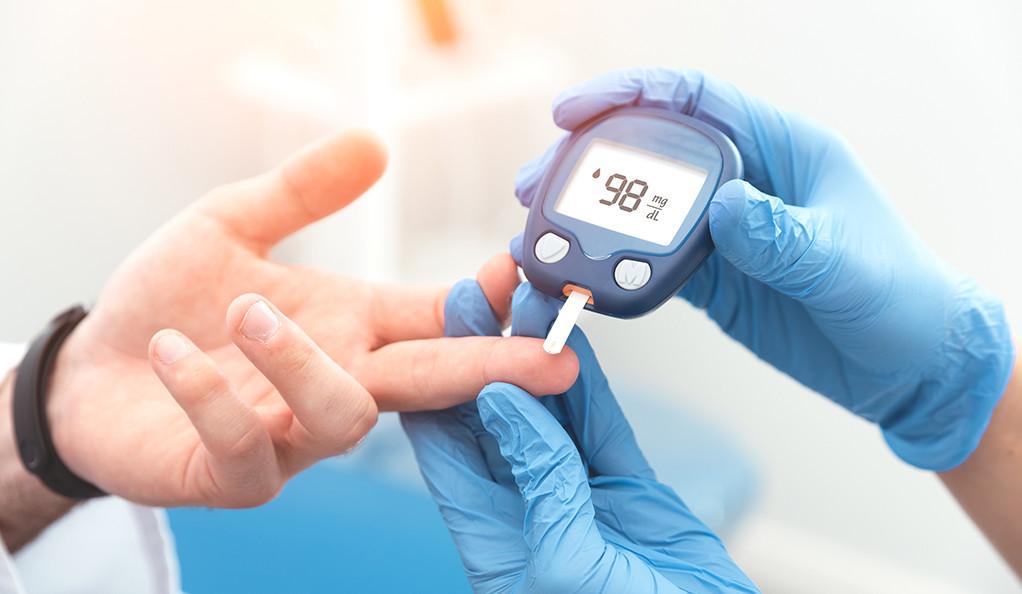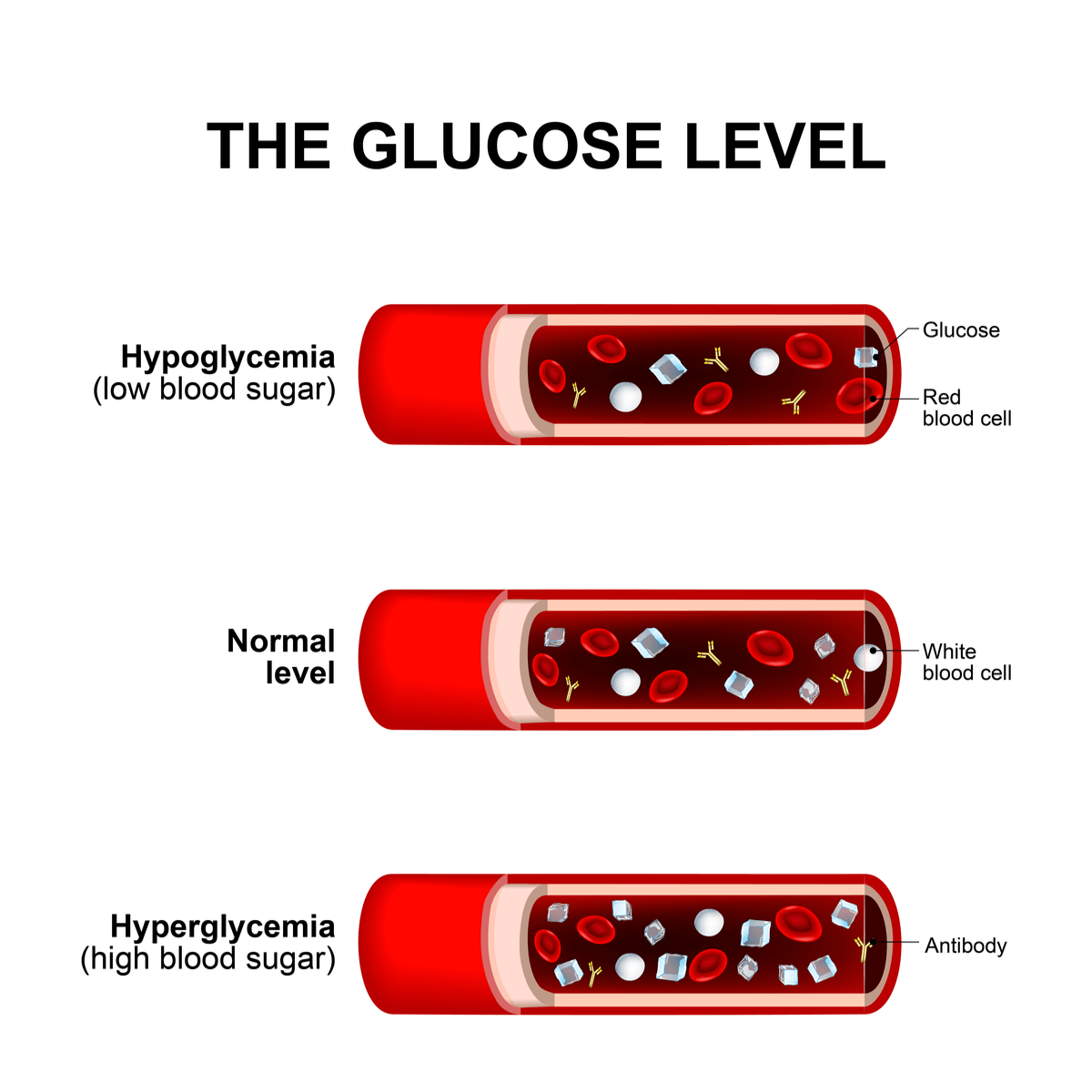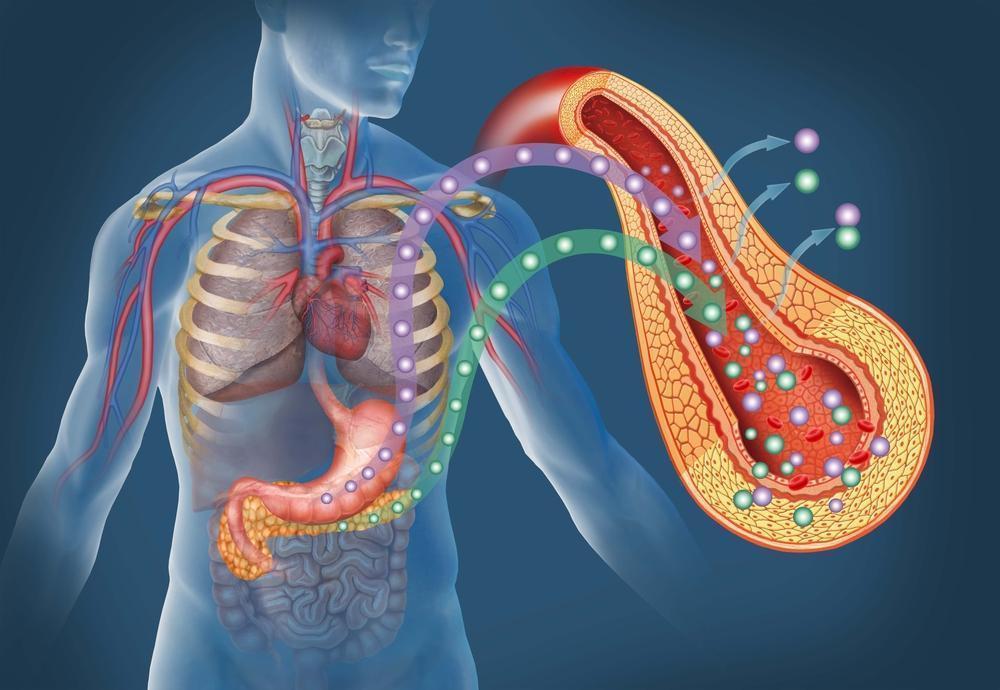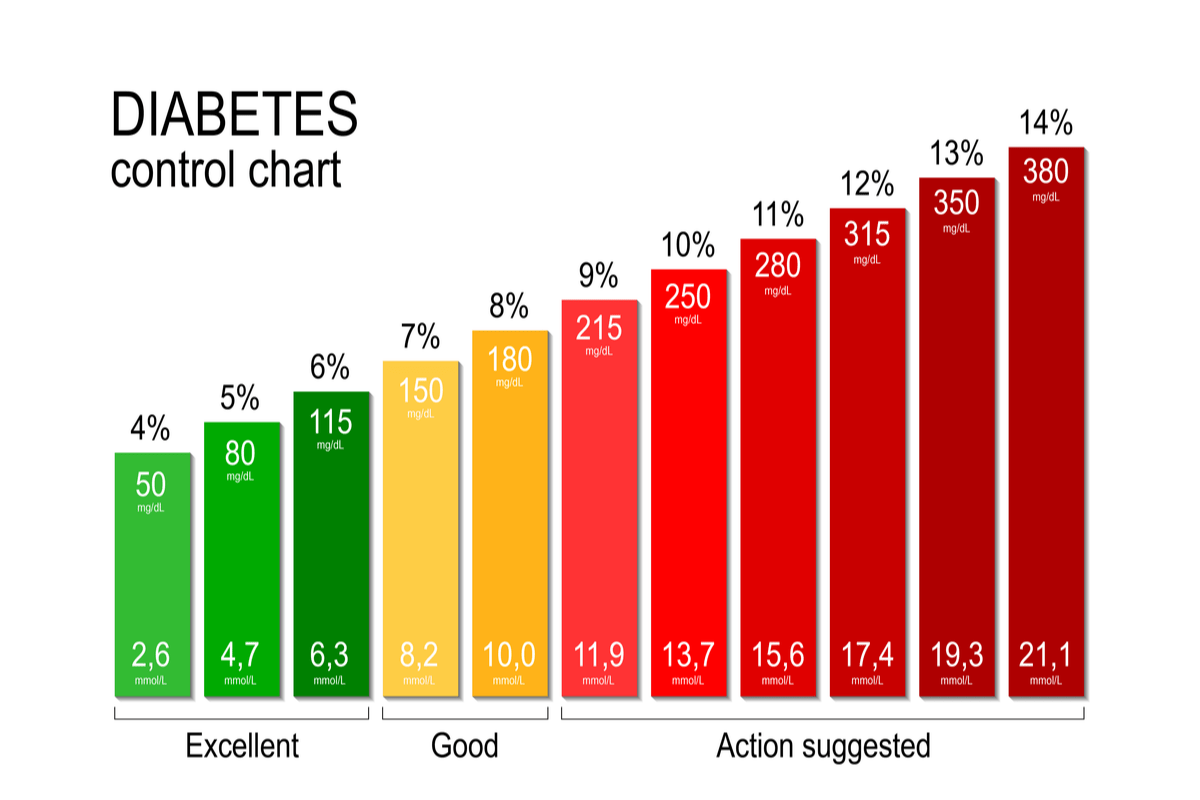Last updated on June 4th, 2024
Most people suffering from diabetes experience consistently high blood sugar levels or blood glucose levels. Over a period of time, this can lead to several severe health issues. High blood sugar levels can cause severe damage to your entire body. Thus it is important to maintain a steady level of blood sugar in your body.

However, one important question that we often ask is how much blood sugar is considered to be too high? What is the level of blood sugar is dangerous for the body? Lastly, what are the bad effects of high blood sugar on your body?
To proper understanding, we should have a good idea about the normal blood sugar ranges. Not only that, but we should also be aware and understand how high blood sugar levels are known to affect our health.

Normal blood glucose levels:
The normal blood glucose levels are generally less than 100 mg/dL in the case of fasting. Also, they are supposed to be less than 140 mg/dL after two hours of eating.

But this normal sugar range tends to be lowest in the daytime before having food. Most people who are not suffering from diabetes reported this level to be in the range of around 70 – 80 mg/dL before meals.
Ideally, these levels can vary from one person to another. For some people, 90 is considered normal whereas for others it can be 60.

Low blood sugar levels:
Low blood sugar levels happen if the blood glucose level comes down the normal range. A blood glucose level lower than 70 mg/dL is considered below.
In case, if the blood sugar level falls below 54 mg/dL, then this condition requires immediate administration.
Low blood sugar or hypoglycemia is most frequent in people who have diabetes and are taking certain medicines and insulin.
High blood sugar or diabetes:

The amount of glucose in the blood is referred to as the blood glucose or sugar level. Talking about glucose, it is a type of sugar that comes from the food we eat. This sugar is formed and stored in the body. Glucose acts as the main source of energy for the cells in our body.
So, high blood sugar or diabetes is also known as hyperglycemia. This condition mainly arises when the body is unable to produce insulin i.e. Type 1 diabetes. Type 2 diabetes is when people do not respond to insulin properly.
Our body requires insulin so that glucose present in the blood can enter the body cells where it can be used for generating energy. But, in the case of hyperglycemia, the build-up of glucose occurs in the blood.
So, hyperglycemia can lead to many serious health issues if left untreated. This condition can even damage the blood vessels which supply blood to the important body organs.
As a result, diabetes can significantly increase the risk of nerve problems, vision problems, kidney disease, heart disease, and in some cases can cause stroke, as well. This is one of the major reasons, why it is very important to control or manage diabetes well at the early stages.
Summary:
High blood sugar level or hyperglycemia causes serious complications in the human body. So, this condition should be administered early for preventing further complications.
Signs and symptoms:
Listed below are the signs of high blood sugar levels that we should know about:
Feeling tired:
As the body is not able to utilize glucose for the production of energy, so, anyone suffering from diabetes may feel tired.
Sudden loss of weight:
If you are significantly losing weight, although your appetite is the same, then you may be suffering from diabetes.
Due to the lack of enough insulin which helps the body to use glucose, it breaks down stored fat and muscle. The body does this for compensating for the loss of energy.
Frequent urination:
The kidneys respond to this condition by flushing out the excess glucose in urine. So, frequent urination is considered to be a sign of high blood sugar.
Excessive thirst
As diabetes patients frequently urinate and so, they lose a lot of fluids from the body. This is the reason, they often can get very thirsty.
Summary:
Different signs of high blood sugar level includes excessive thirst, frequent urination, sudden weight loss, and energy loss.
Diagnosis of high blood sugar levels:
Random check: If after testing, the doctor finds your blood glucose level to be higher than 200, then you may be suffering from diabetes.
Other than that, you are also experiencing other signs such as frequency or repeated urination, excessive thirst, or momentous loss of weight. In this case, the doctor will do an oral glucose tolerance test or fasting sugar level test for further confirmation.
Fasting plasma glucose test: In this case, the doctor will test your blood glucose levels after 8 hours of fasting. If the glucose level is more than 126 mg/dL, then you may be suffering from diabetes.
Oral glucose tolerance test: This is a type of test in which you have to drink a sugary liquid after 8 hours of fasting. 2 hours later, your blood sugar level is tested and if it comes higher than 200, then you are diabetic.
So, any sugar level which is higher than the normal range is considered to be unhealthy. Reports by the American Diabetes Association suggests that about 86 million U.S. people are in prediabetic condition.
Prediabetes can be regarded as the initial stage of diabetes. So, this particular condition can eventually lead to diabetes. This is the main reason, why it is important to make healthy lifestyle changes according to the doctor’s recommendation.
Summary:
The doctor will recommend you opt for a random check, oral glucose tolerance test, or fasting plasma glucose test, depending on your condition. In the above-mentioned section, you will get to know about some important tests for diagnosis of diabetes.
Blood sugar levels and your body:
Do you know that high blood glucose levels can be extremely dangerous for your body? Glucose is an important fuel for all your body if present at normal range. But, if present in high amounts, this can lead to many serious issues.
- Hyperglycemia slowly decreases the ability of pancreas cells to produce insulin. The level of insulin stays too high as the organ overcompensates. Eventually, this situation can result in permanent damage to the pancreas.
- High blood sugar levels can also cause certain changes which result in the hardening of the blood vessels. The medical term for this condition is atherosclerosis.

Too much sugar can harm almost any part of your body. Damaged blood vessels again lead to several problems like:
- Heart attack
- Strokes
- Kidney disease or failure which require dialysis
- Erectile dysfunction
- A weakened immune system imposes the risk of infections
- Blindness or loss of vision
- Poor circulation to the feet and legs
- Nerve damage is known as neuropathy which results in pain, tingling, or less sensation in your hands, legs, and feet
- Slow wound healing and in rare cases, lead to infection and amputation
Summary:
Several serious complications associated with high blood glucose levels. The doctor will help you to understand this and suggest to you the best ways to administer the condition.
References:
- https://www.ncbi.nlm.nih.gov/pmc/articles/PMC5898168/
- https://www.ncbi.nlm.nih.gov/pmc/articles/PMC5813293/
Disclaimer
This site provides educational content; however, it is not a substitute for professional medical guidance. Readers should consult their healthcare professional for personalised guidance. We work hard to provide accurate and helpful information. Your well-being is important to us, and we value your feedback. To learn more, visit our editorial policy page for details on our content guidelines and the content creation process.

 English
English











